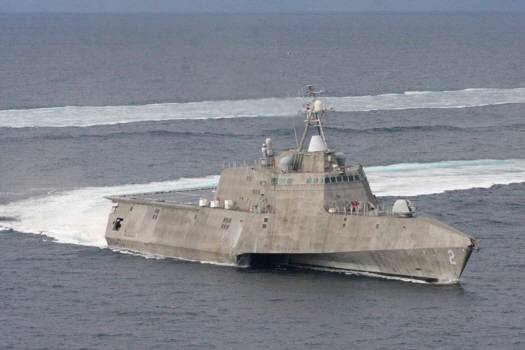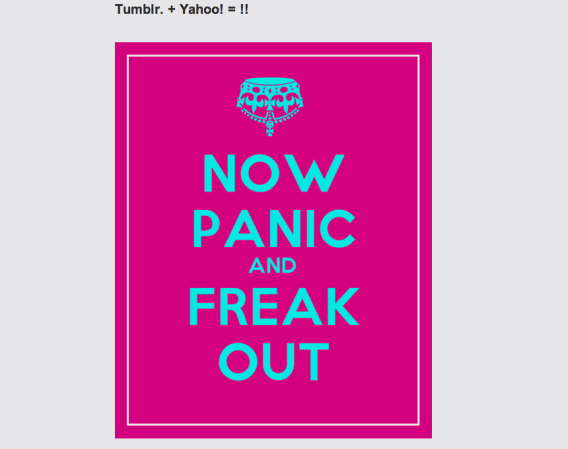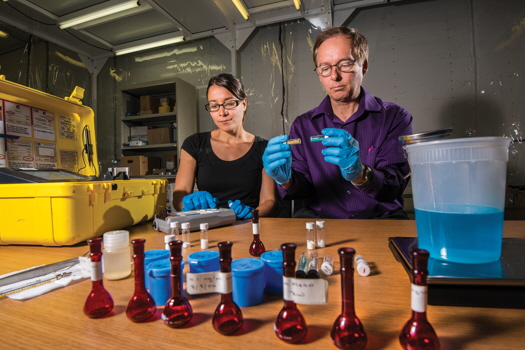

The same chemical that makes fertilizer so useful also makes it really cheap bomb fuel. Researchers at Sandia labs in Albuquerque wondered if they could render the explosive properties of fertilizer inert while still keeping the beneficial properties intact, and this week announced success in a test batch. Even better, they’re sharing the innovation for free.
The problem with improvised explosives is that they’re cheap, made from otherwise-harmless everyday materials, and the directions to make them aren’t too hard to find. This is true of pressure cooker bombs, a terror weapon so ubiquitous that its been used by everyone from anarchists to religious radicals on at least three continents, and it’s especially true of fertilizer bombs.
Ammonium nitrate is the culprit. The first recipe for ammonium nitrate is over 350 years old, and despite centuries of research into other fertilizers, ammonium nitrate remains one of the cheapest and best. As an added benefit for farmers, ammonium nitrate “improves both the quantity and quality of protein-containing crops,” which is a tremendous benefit to humanity.
Except for that part where it explodes. Normally, of course, ammonium nitrate doesn’t blow up; if that was a daily occurrence, the recipe would have been abandoned 349 years ago. Ammonium nitrate requires the addition of another reagent to go off. In modern fertilizer bombs, readily available fuel completes the process, turning the normally-stable fertilizer into an extremely volatile explosive.
How did the Sandia Labs researchers get around this problem? Chemistry. It turns out that mixing iron sulfate with ammonium nitrate ends up like a strange double date, with both pairs changing partners. Sandia Labs quotes chief researcher Kevin Fleming:
“The ions would rather be with different partners,” Fleming said. “The iron looks at the ammonium nitrate and says, ‘Can I have your nitrate rather than my sulfate?’ and the ammonium nitrate says, ‘I like sulfate, so I’ll trade you.'”
The resulting mixture is inert, even combined with fuel. Because it still has all the same compounds that make it valuable as a fertilizer, and there are some soils where the iron itself is beneficial. Even better, iron sulfate is so cheap it’s commonly thrown away by foundries, which means adding it to ammonium nitrate fertilizer will hardly increase the fertilizer’s cost.
More importantly, Sandia Labs isn’t going to patent their new fertilizer innovation. This makes sense, as making a non-exploding fertilizer is hardly a gamble for market share, but it’s a nice touch. With any luck, it means farmers worldwide will soon be able to fertilizer crops without worrying about explosions, too.
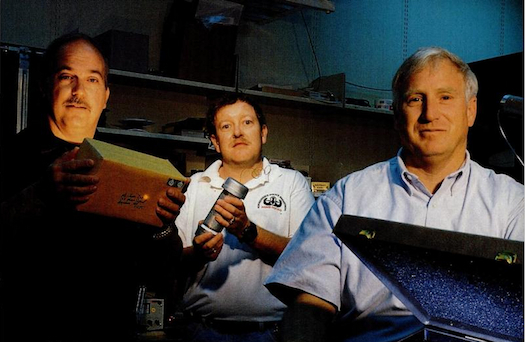
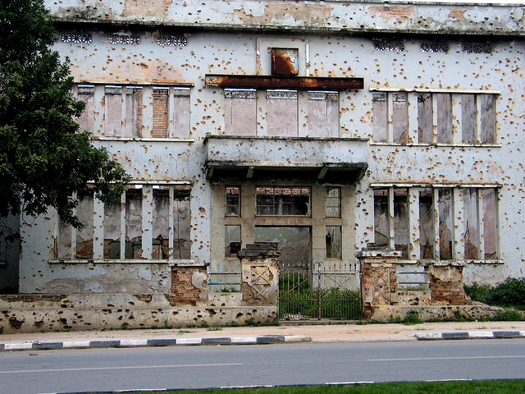


![Two Men Arrested For Trying To Build An X-Ray Gun [Updated]](https://www.popsci.com/wp-content/uploads/2019/03/18/G3W6GG6TWJOJ5DU5FZHV3ZPLZU.jpg?quality=85&w=525)
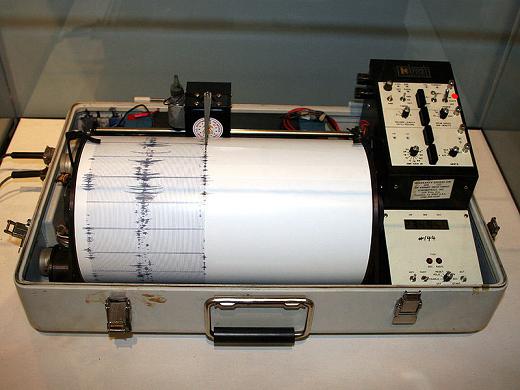


![Who Are The Casualties Of America’s Drone Strikes? [Infographic]](https://www.popsci.com/wp-content/uploads/2019/03/18/V5MRSRUCF5BXZTJGQLC74C6BRY.png?quality=85&w=525)
